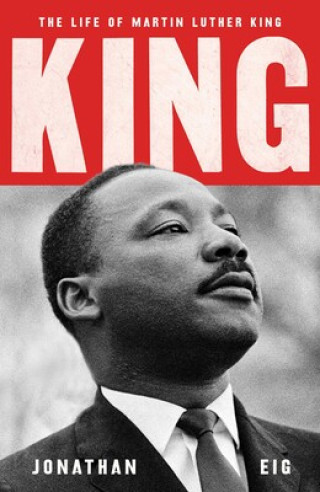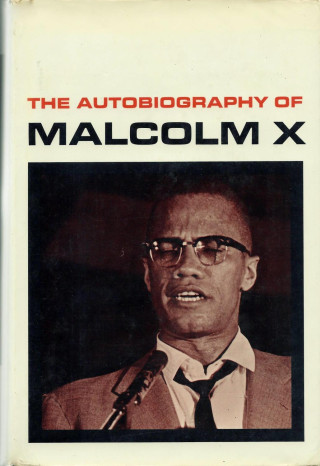Jonathan Eig was deep in the Duke University archives researching his new biography of Martin Luther King Jr. when he made an alarming discovery: King’s harshest and most famous criticism of Malcolm X, in which he accused his fellow civil rights leader of “fiery, demagogic oratory,” appears to have been fabricated.
“I think its historic reverberations are huge,” Eig told The Washington Post. “We’ve been teaching people for decades, for generations, that King had this harsh criticism of Malcolm X, and it’s just not true.”
The quote came from a January 1965 Playboy interview with author Alex Haley, a then-43-year-old Black journalist, and was the longest published interview King ever did. Because of the severity of King’s criticism, it has been repeated countless times, cast as a dividing line between King and Malcolm X. The new revelation “shows that King was much more open-minded about Malcolm than we’ve tended to portray him,” Eig said.
Haley’s legacy has been tarnished by accusations of plagiarism and historical inaccuracy in his most famous book, “Roots,” but this latest finding could open up more of his work to criticism, especially “The Autobiography of Malcolm X: As Told to Alex Haley” — released nine months after Malcolm X’s assassination in 1965.
Malcolm X, a member of the Nation of Islam, had frequently attacked King and his commitment to nonviolence, going so far as to call King a “modern Uncle Tom.” But his criticism often had “strategic purposes,” Eig said.
In acting as “a foil” to King, his message had more value to the media. “King saw value in being a foil to Malcolm sometimes, too. But I think at their core they had a lot in common. They certainly shared a lot of the same goals,” Eig said.
Eig, who previously wrote acclaimed biographies of Muhammad Ali and Lou Gehrig, said he found the fabrication in the course of his standard book research for “King: A Life,” due out May 16. When a subject has given a long interview, he’ll look through the archives of the journalist who conducted it, hoping to find notes or tapes with previously unpublished anecdotes.
He did not find a recording of Haley’s interview with King in the Haley archives at Duke, but he did find what appears to be an unedited transcript of the full interview, likely typed by a secretary straight from a recording, Eig said. Eig provided The Post with a copy of the transcript.

